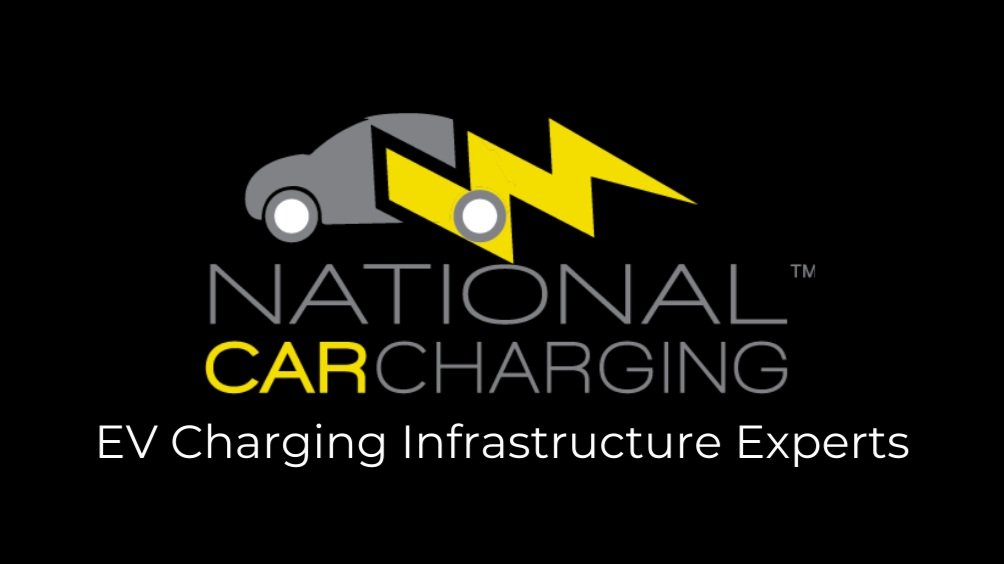Electricity versus hydrogen: 4 reasons electrification is the right choice for fleets.
REPOSTED from the ChargePoint Blog.
Owing to its higher energy density and lower weight, hydrogen has been touted as a potential alternative to electricity for powering zero-emission medium- and heavy-duty trucks for long-haul fleets. However, transitioning to hydrogen as a potential fuel source for these types of vehicles faces challenges that may outweigh any potential benefits.
Here are some of the reasons electricity is a clear winner for fleets.
1. Availability
Electricity is everywhere. With the rise of charging infrastructure in cities, along highways and at depots, motor pools and even drivers’ homes, access to charging is becoming increasingly more convenient for fleets of all types and sizes.
Hydrogen infrastructure is not yet in place. There are currently few hydrogen refueling stations in operation (nearly all are in California), and the cost of building and managing them is high. It would take a significant investment to build out a nationwide hydrogen refueling network, and it isn’t clear there is enough demand to justify the investment.
2. Efficiency
Electricity is becoming cleaner and more efficient. The ability to convert a variety of primary energy sources into electricity allows for a more flexible, resilient and clean supply chain. At the same time, the number of transportation applications that are not suited for electrification continues to shrink.
Hydrogen is not as energy efficient as electricity. It takes a lot of energy to produce hydrogen, and this energy is lost in the process of transporting and storing it. As a result, hydrogen vehicles typically offer fewer sustainability benefits than electric vehicles do.
3. Cost
Electricity is cost-effective. Electricity is pervasive, inexpensive and able to be delivered anywhere there is a plug. Unlike other alternative fuels, electricity is delivered through an already established, extensive and accessible grid network. Its widespread availability and cost-effectiveness positions electricity as the obvious choice for zero-emission fleet fueling.
Hydrogen is more expensive than electricity. The cost of hydrogen fuel cells and refueling stations is currently higher than the cost of electric batteries and charging stations. This cost difference is likely to narrow in the future, but it is not clear that hydrogen will ever be as affordable as electricity, especially as demand continues to shrink.
4. Safety
Electricity is a safe vehicle fuel. Battery technology has advanced to include comprehensive safety systems that manage charging and discharging rates, thermal management and even mechanical intrusion protection. While safety standards are continually being developed for both electric and hydrogen vehicles, the maturity of electrical systems and their inherent characteristics make them the safer option.
Hydrogen is unproven at scale. Hydrogen is a flammable gas, and it is also a potential asphyxiant. Hydrogen refueling stations and pipelines pose a safety risk, and hydrogen vehicles could be more dangerous than electric vehicles in the event of a crash.
Developing an extensive infrastructure for hydrogen production and distribution to serve a diminishing target market makes little sense. With passenger cars already electrifying at scale and more medium- and heavy-duty vehicles set to follow, the total addressable market for hydrogen vehicles will continue to shrink, making them an even less affordable alternative to EVs.
Existing electricity infrastructure, ongoing improvements in energy efficiency and advancements in battery technology will allow for increased range and faster refueling in the coming years. Rather than promoting hydrogen as a viable alternative fuel, the focus should be on continuing to develop and improve existing electricity generation and distribution systems.
For more information on ChargePoint Fleet charging infrastructure, visit the ChargePoint page of our website, or contact us at National Car Charging (866) 996-6387 or info@nationalcarcharging.com. National Car Charging is the 2023 ChargePoint Value Added Reseller of the Year and has been premier ChargePoint Partner for nearly 12 years.
This article was written by Team ChargePoint and originally posted on the ChargePoint blog on 9/7/2023.
About ChargePoint Holdings, Inc.
ChargePoint is creating a new fueling network to move people and goods on electricity. Since 2007, ChargePoint has been committed to making it easy for businesses and drivers to go electric with one of the largest EV charging networks and a comprehensive portfolio of charging solutions. The ChargePoint cloud subscription platform and software-defined charging hardware are designed to include options for every charging scenario from home and multifamily to workplace, parking, hospitality, retail and transport fleets of all types. Today, one ChargePoint account provides access to hundreds-of-thousands of places to charge in North America and Europe. For more information, visit the ChargePoint pressroom, the ChargePoint Investor Relations site, or contact the ChargePoint North American or European press offices or Investor Relations.





